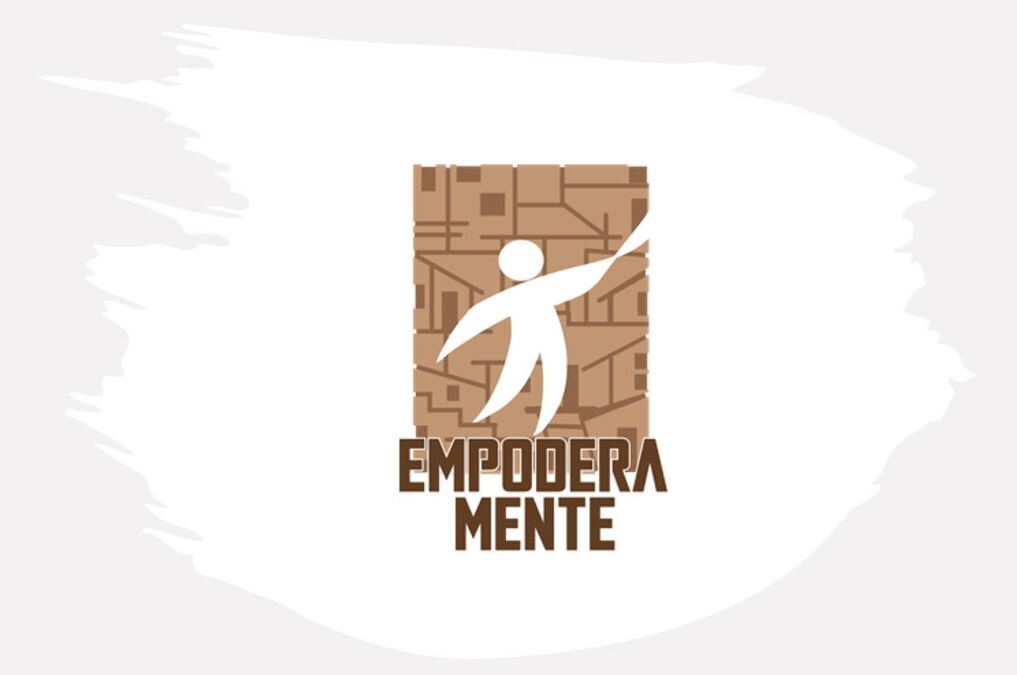Published:

The Brazilian Society for the Progress of Science has awarded Heriot-Watt project EBIC (Empowering Brazilian Impoverished Communities through Critical Thinking) the National Brazilian Award for Popularisation of Science in the Human and Social Applied Sciences.
The winning project, led by Prof. Claudia V. Angelelli (PI) HWU and Prof. Maico R. Severino (Co-I) Universidade Federal de Goiás, Brazil, works with disadvantaged communities in Brazil (such as favela dwellers, the homeless and garbage pickers) to empower them to gain critical skills and access to information to identify what is or is not likely to be ‘fake news', especially in the realm of COVID-19.
In Brazil, a developing country of 210 million people, a quarter of the population lives below the poverty line, making them particularly vulnerable to COVID-19 infection.
Local efforts to mitigate the impact of COVID-19 on individuals and communities are hindered by mis-reporting in the media and across social media channels. The project studies to what extent this flow of mis-information, more commonly known as ‘fake news', has had on influencing vulnerable groups by shaping their perception of the pandemic.
Examples of fake news include the rumours that the vaccine under development is designed to kill older people, or the perception that it might be a ‘socialist' vaccine that might ‘infect' people with ‘wrong' ideas.
By exploring participants' perceptions of valuable information in naturalistic settings and through persuasive design, we have been able to contribute novel ways of exploring and furthering communication among vulnerable groups.
Professor Claudia V. Angelelli is Chair in Multilingualism and Communication as well as Director of the Centre for Translation and Interpreting Studies in Scotland at Heriot-Watt. She said of the achievement:
“Our project was chosen because of its methodology, creativity and person-centred approach to empowering adult learners from vulnerable populations with various degrees of literacy. We called for critical analysis and evaluation of pieces of news and sources of information to distinguish news from fake news.
“We were also commended for building capacity by integrating community members and leaders into our project and assign them key roles. They became the local researchers and key team members.”
The Brazilian Society for the Progress of Science (SBPC) is the largest association of researchers in Brazil.
It is a non-profit and non-partisan organisation that focuses on defending scientific and technological advancement, as well as educational and cultural development in Brazil. Since its foundation, in 1948, SBPC has played an important role in popularising science in the country.
Professor Angelelli added: “This award has given our project, our departments/universities and UKRI visibility in Brazil and around the Global South. The Brazilian network of organisations working with impoverished and vulnerable communities have recognised our outcomes as tools for societal, health and cultural impact/change. This award has also helped our project gain recognition among communities of policy makers, social workers, educators, parents and students. In addition, the national organisations with which we collaborated (Cooperrama, Tio Cleobaldo, Uniforte, and CUFA) have expressed interest in collaborating with us to replicate our methodology and project in other areas of the country where they have established networks.”
More information on EBIC here - https://ebic.site.hw.ac.uk/ and in our webinar on 24th May @4pm